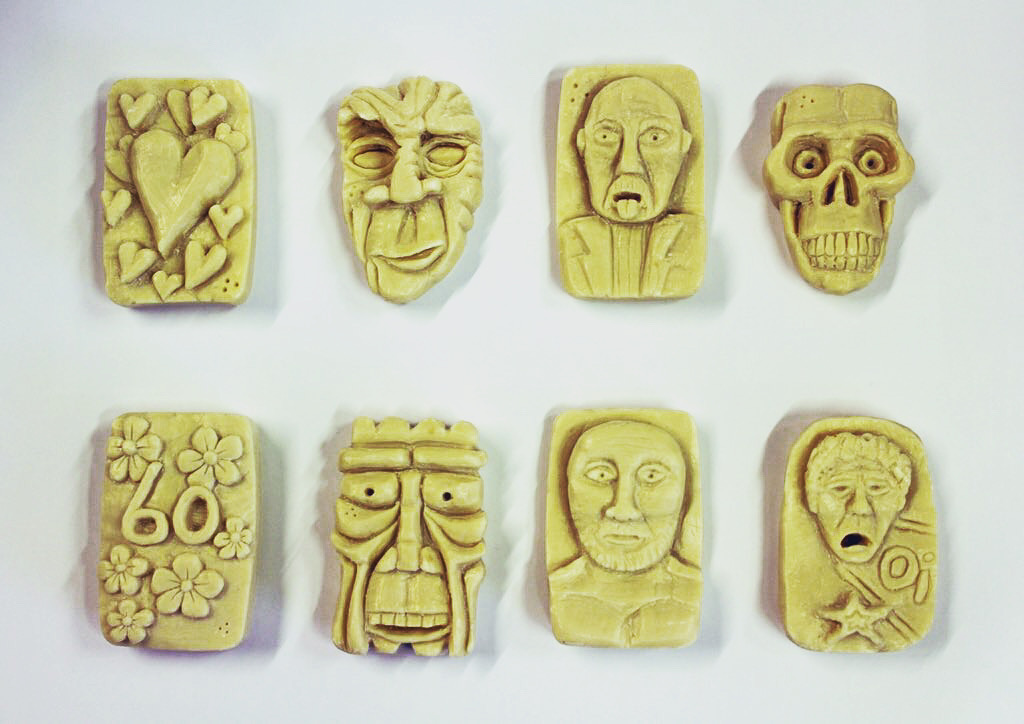Covid response
In response to the changing needs in museums because of the Covid-19 pandemic we created a new type of grant, Sustaining Engagement with Collections, of up to £30k to be spent within a year of award.
These were successful as they supported digital and remote access to collections while museums were closed. In total £636k was awarded in grants to 26 museums following 182 enquiries and 146 applications.
We also adapted the grants we had been planning to award. We had planned to offer five-year strategy and development grants of up to £250k to a small number of museums with sector-leading participatory practice.
Instead, we have offered £90k grants for around two years to projects that were particularly creative or innovative in linking collections to communities and we have adapted our guidance each year to match the conditions resulting from the pandemic.
Throughout the pandemic we have also supported existing grantees to adapt their work in a variety of ways. We have focused on tailored and individual support; and working with a much larger number of smaller grants. We have prioritised peer support for grantees and reworking existing plans.
The changes that grantees have made to projects range from pausing projects and using the furlough scheme, to adapting engagement from in-person to online. The National Justice Museum is a notable example. They had planned to run in-person workshops in prisons but could not gain access, so quickly put together a “workshop in an envelope” to engage prisoners and service users as well as the wider public.
Audiences then shared their creations through social media, and some were collected for display when the museum reopened. As prisoners were locked in cells for 23 hours a day, the activity was important. Most participants had never visited the museum and the project was the winner of the 2021 Museums Change Lives Award for Best Museums Change Lives Project.

Ways of working in museums have changed radically in the last two years and newly developed digital methods of engagement are now at risk as museums struggle to prioritise their activities. At a time when museums need to work out what hybrid delivery means, they also have to work with reduced capacity because of redundancies, illness and burnout; and with reduced revenue and changed visitor profiles.
We are working with Art Fund UK to undertake an action research project to better understand the purpose and benefits of digital work in museums and to produce outputs to benefit the sector in harnessing the potential of digital and hybrid delivery.
Despite this precarity that has come from the pandemic, the role of museums in promoting health and wellbeing and in building confident communities has been proven more than ever.